Medical procedures always come with a higher risk factor the older you are. Dental procedures like tooth extractions are no different as there are additional risk factors for tooth extractions in geriatric patients.
Every case must be evaluated, and alternative treatments must be considered to determine the safest course of action.
For older and weaker patients, extractions can lead to oral infections, which further affect the overall health and well-being of the patient. Here are some of the dangers of tooth extraction in elderly people:
Longer Healing Period
Older adults generally take longer to heal from procedures like tooth extractions. They are often on other medication too, which further delays the healing process.
For example, osteoporosis and some forms of cancer are very common in seniors. They are treated with medication like bisphosphonates, which slows the healing process significantly.
This makes recovery a more prolonged and more painful process. It can also increase the risk of impaired healing.
Comorbidities
Certain preexisting conditions make tooth extractions a lot riskier in elderly people. For example, hypertension, arrhythmia, and heart diseases are the most common comorbidities in elderly patients.
Geriatric patients are at a significantly higher risk for post-extraction complications due to the high occurrence of comorbidities. If the patient experiences infection in the post-operative period, it will lead to complications and might even cause death in severe cases.
Severe Pain
Tooth extraction will cause some discomfort and pain. Inflammation, bruising, and bleeding are expected after the procedure for all patients. An anaesthetic will be used to reduce the pain and discomfort felt during the procedure, but even this can have side effects like dizziness or nausea.
These conditions might be more severe with older patients and can take longer to subside. They can be treated with anti-inflammatory drugs or analgesics, but the use of such medications needs to be monitored closely in geriatric patients.
If there is persistent bleeding or infection, the patient will require further medical attention and antibiotics to fight the infection.
Tooth extraction can also damage the nerve that used to serve the tooth. This causes a tingling sensation or numbness in the affected area. Although this is relatively rare, it can be very uncomfortable.
Existing Conditions
Some existing conditions common in elderly patients increase the risk of tooth extraction. For example, if a patient has had radiation therapy targeted at the head or neck, they are at much higher risk for osteoradionecrosis.
The radiation treatment can damage the blood flow to the bone. If the bone is directly under the extracted tooth, the blood vessels get damaged further and result in the death of the bone.
Considering that these kinds of existing conditions are far more common in elderly patients than younger patients, tooth extraction must be carried out with extreme caution.
Bite Collapse
Many elderly patients have had multiple extractions or have missing back teeth. Tooth extraction can cause a bite collapse for such patients.
It makes the lower jaw move closer to the upper part. This changes the type of movement and muscle contractions required for chewing correctly.
Having difficulty in chewing can affect the eating habits of older adults and limit the kind of food they are able to eat. This affects nutrition, and they need to take extra care of their food habits.
Misaligned Teeth
Extracting a tooth can prompt the other teeth to shift in the jaw. This might cause misalignment of the teeth and affect the patient's bite. Furthermore, shifting teeth can also affect adjoining healthy teeth, which may require more medical attention.
Misalignment and unwanted shifting of teeth can be prevented by compensating for the extracted tooth. For example, a denture or implant can be placed to make up for the extracted tooth, or the other teeth can be moved through orthodontic work.
Dry Socket
When a tooth is extracted, a blood clot forms over the wound, which protects the damaged area while it heals over. If the clot is dislodged before the wound has healed, it may cause a condition known as dry socket or osteitis.
The Bottom Line
Tooth extractions come with a higher risk factor in elderly people. Therefore, they should be carried out only after considering alternative treatment methods and thorough examination of any preexisting conditions or comorbidities.
After the extraction, if there is pain that does not subside with painkillers or the patient starts experiencing signs of infection like chills or fever, they should seek immediate medical attention.
Sources and References
-
[1]
Safety analysis of tooth extraction in elderly patients with cardiovascular diseasesInternational Journal of Cardiologyhttps://pmc.ncbi.nlm.nih.gov/articles/PMC4031223/
-
[2]
Surgical extraction of impacted teeth in elderly patients: A retrospective analysis of perioperative complicationsJournal of Oral and Maxillofacial Surgeryhttps://pubmed.ncbi.nlm.nih.gov/25643646/
-
[3]
Bisphosphonates and Their Connection to Dental Procedures: Exploring Bisphosphonate-Related Osteonecrosis of the JawsCancershttps://pmc.ncbi.nlm.nih.gov/articles/PMC10670230/
-
[4]
Alveolar Osteitis: A Comprehensive Review of Concepts and ControversiesInternational Journal of Dentistryhttps://www.ncbi.nlm.nih.gov/pmc/articles/PMC2905714/
-
[5]
Predictive risk factors for adverse events during tooth extraction among elderly patients with cardiovascular diseasesClinical Oral Investigationshttps://pubmed.ncbi.nlm.nih.gov/39746668/
All sources accessed and verified on . Medical information reviewed for accuracy and compliance with current guidelines.
Related Articles
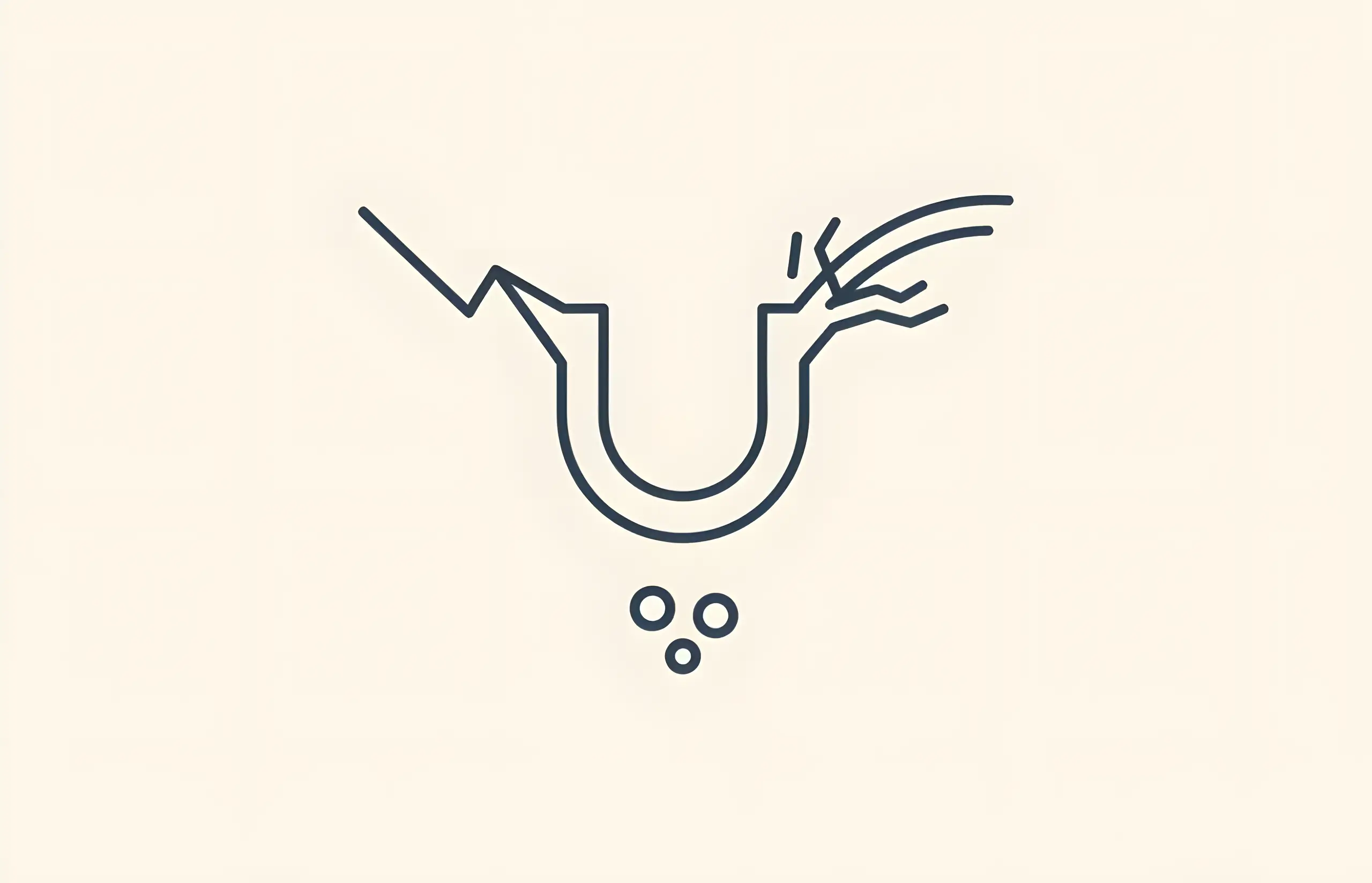
Common Causes of Gum Pain Years after a Tooth Extraction
Understanding rare long-term complications of tooth extraction including retained root fragments, bone sequestrum, atypical odontalgia, and proper aftercare to prevent post-extraction pain
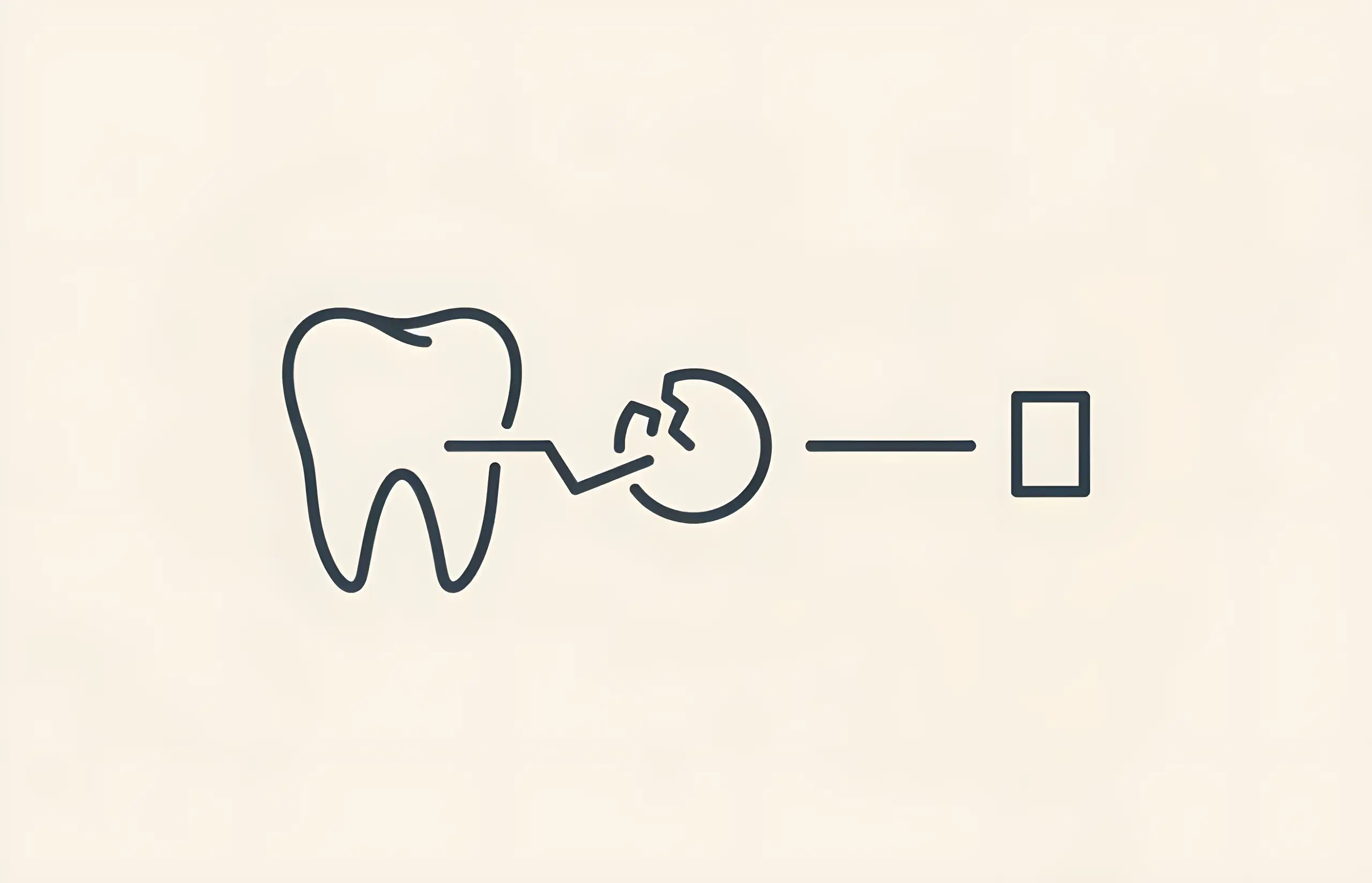
How Bad Does a Tooth Need to Be to Be Extracted?
Understanding when tooth extraction becomes necessary and the signs that indicate a tooth cannot be saved
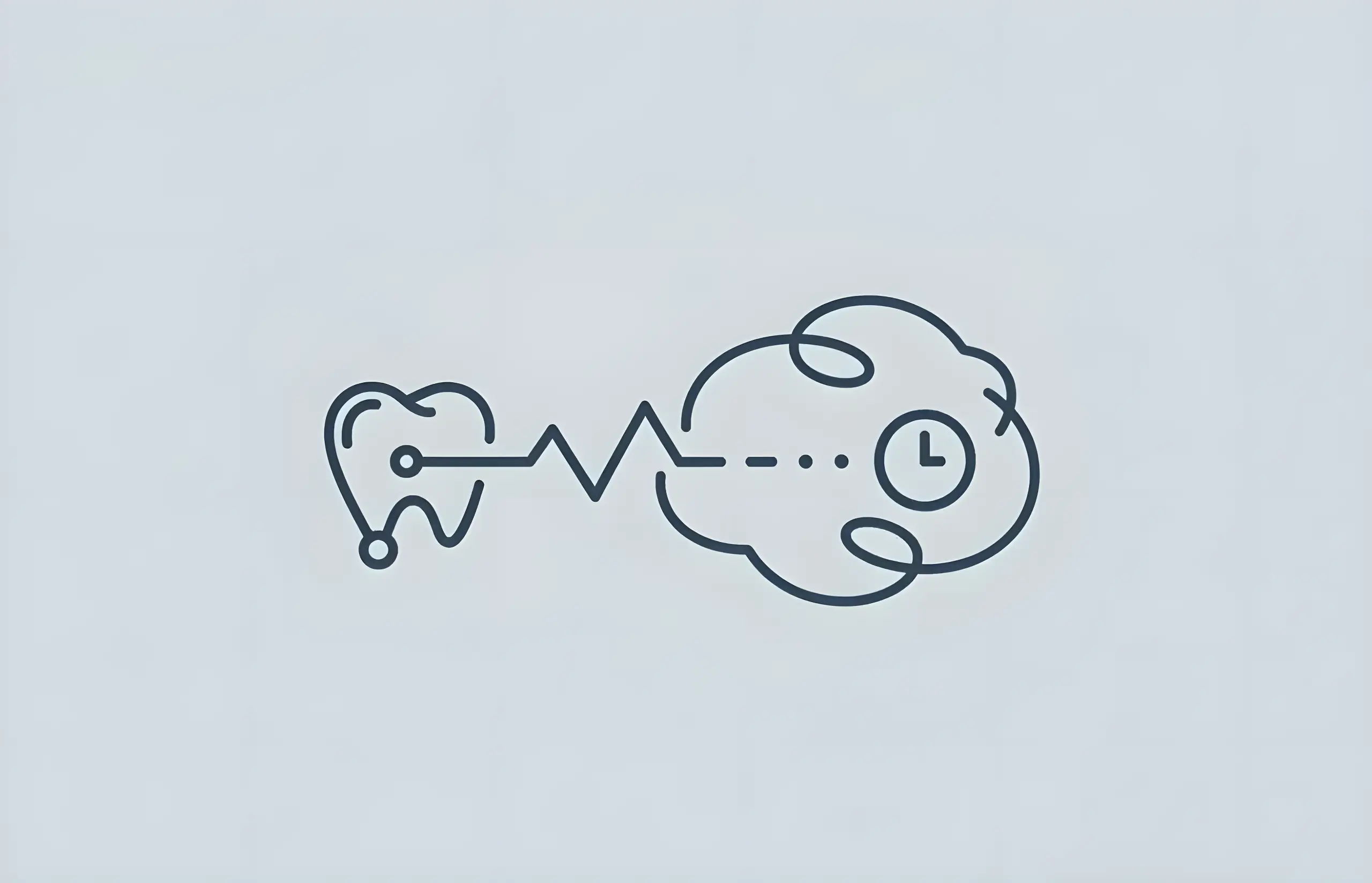
How Long Does Pain After Wisdom Tooth Extraction Last?
Understanding wisdom tooth extraction pain duration, recovery timeline, and how to minimize discomfort after the procedure
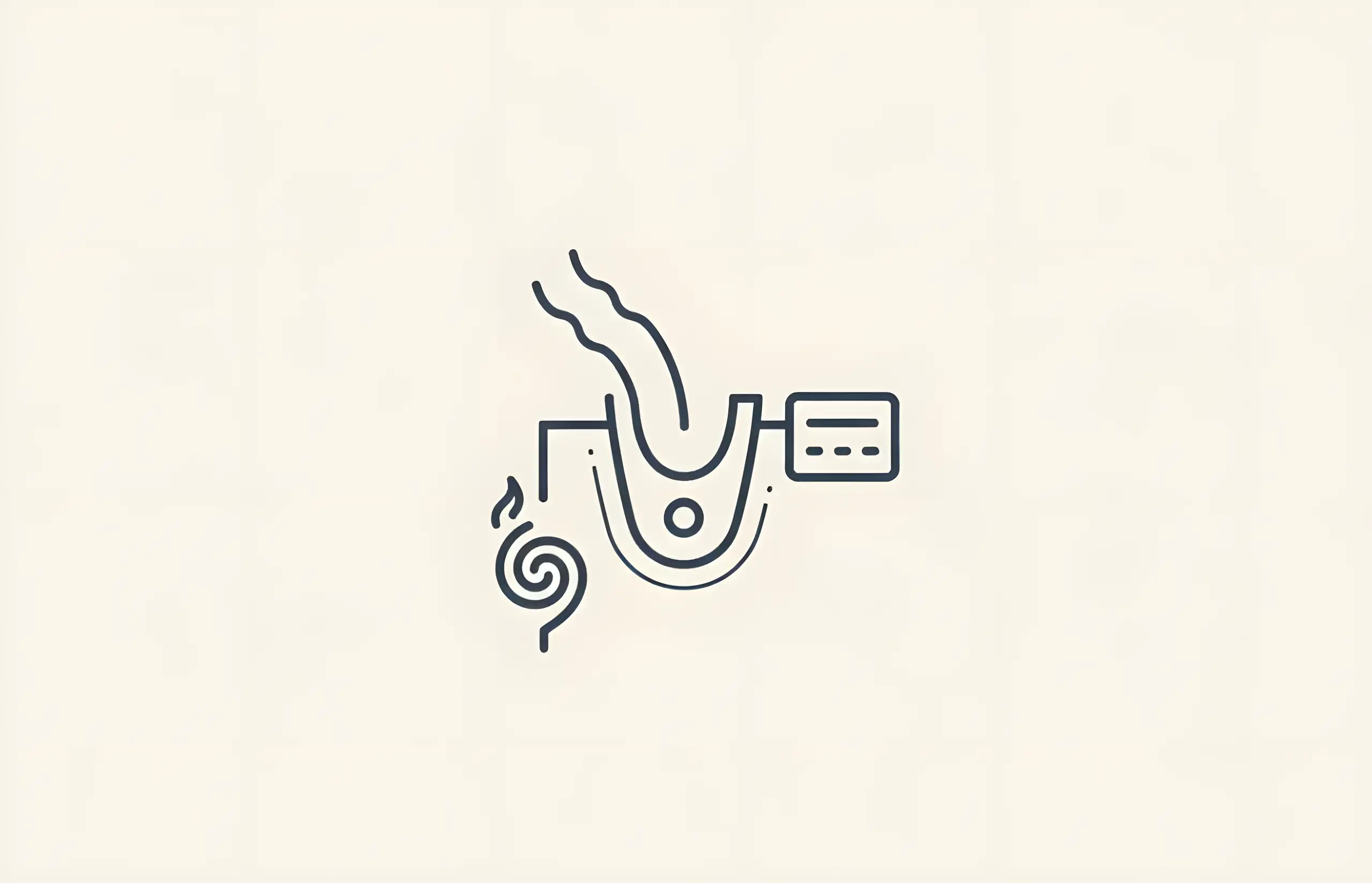
Common Causes of Throbbing Jaw Pain after a Tooth Extraction
Understanding post-extraction complications including dry socket, dental infections, osteomyelitis, osteonecrosis, sinus perforation, and effective home remedies for jaw pain management

How Much Does A Tooth Extraction Cost?
Understanding the costs, procedures, and benefits of tooth extraction in the UK
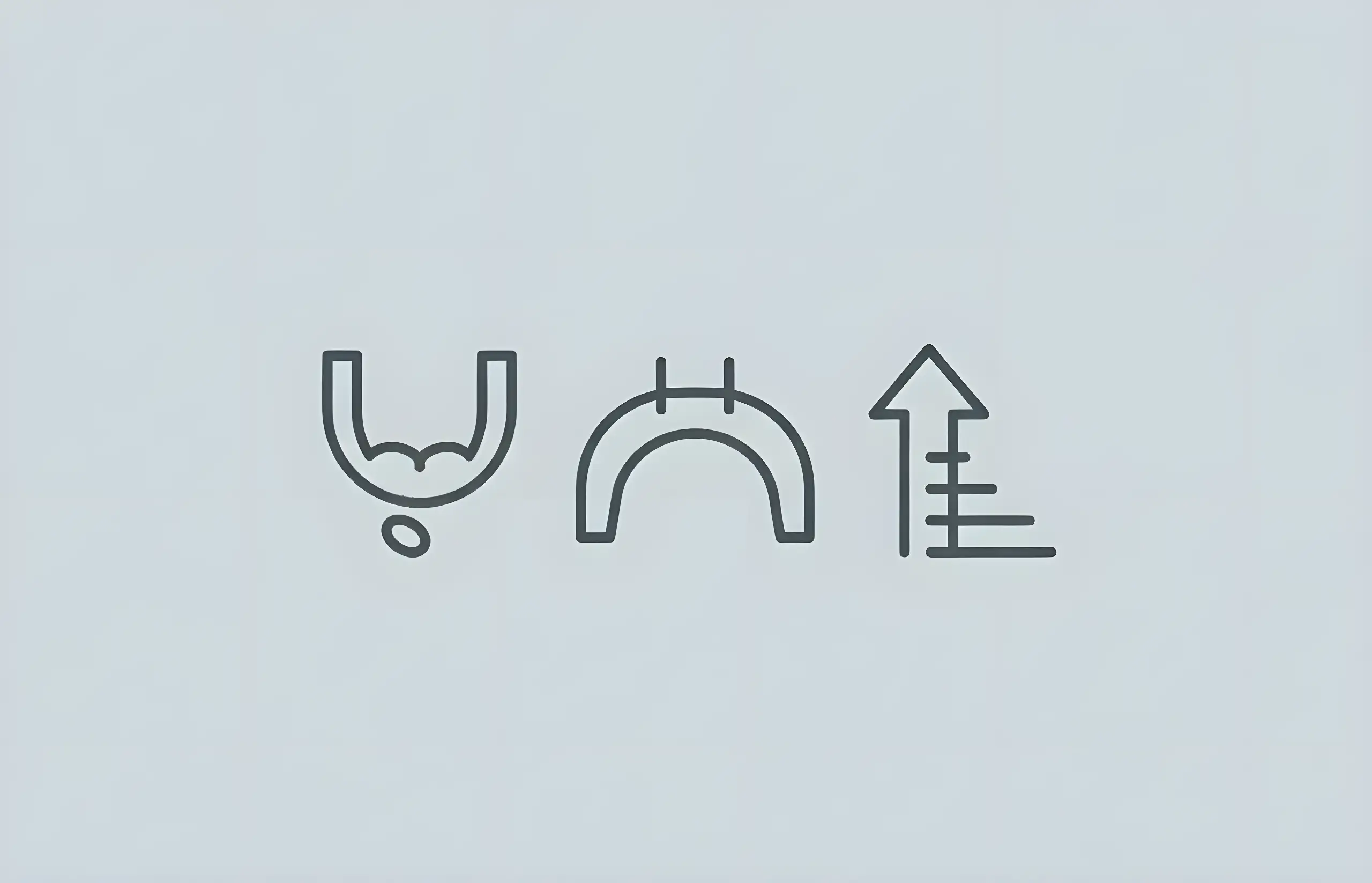
Tooth Extraction for Dentures – Recovery Time Expectations
Understanding healing timelines, immediate vs permanent dentures, and what to expect during recovery after tooth extraction
About The Dental Guide
The Dental Guide is a trusted online resource providing evidence-based information about dental health, treatments, and procedures. Our content is created and reviewed by qualified dental professionals to help you make informed decisions about your oral health.
Our Mission
- Evidence-based dental information
- Expert-reviewed content
- Clear, accessible explanations
- Latest treatment options
- Patient-focused guidance
Editorial Standards
- GDC-registered dental professionals
- Peer-reviewed sources
- Regular content updates
- Medical accuracy verification
- Transparent authorship
Important Notice
The information on The Dental Guide is for educational purposes only and should not replace professional dental advice. Always consult with a qualified dentist for diagnosis and treatment recommendations tailored to your individual needs and circumstances.
Medically Reviewed
Reviewed by Dr. Nasim Mechoui , BDS (Bristol)
Share this article
Comments & Discussion
Have questions about dental implants? Share your thoughts or experiences.
